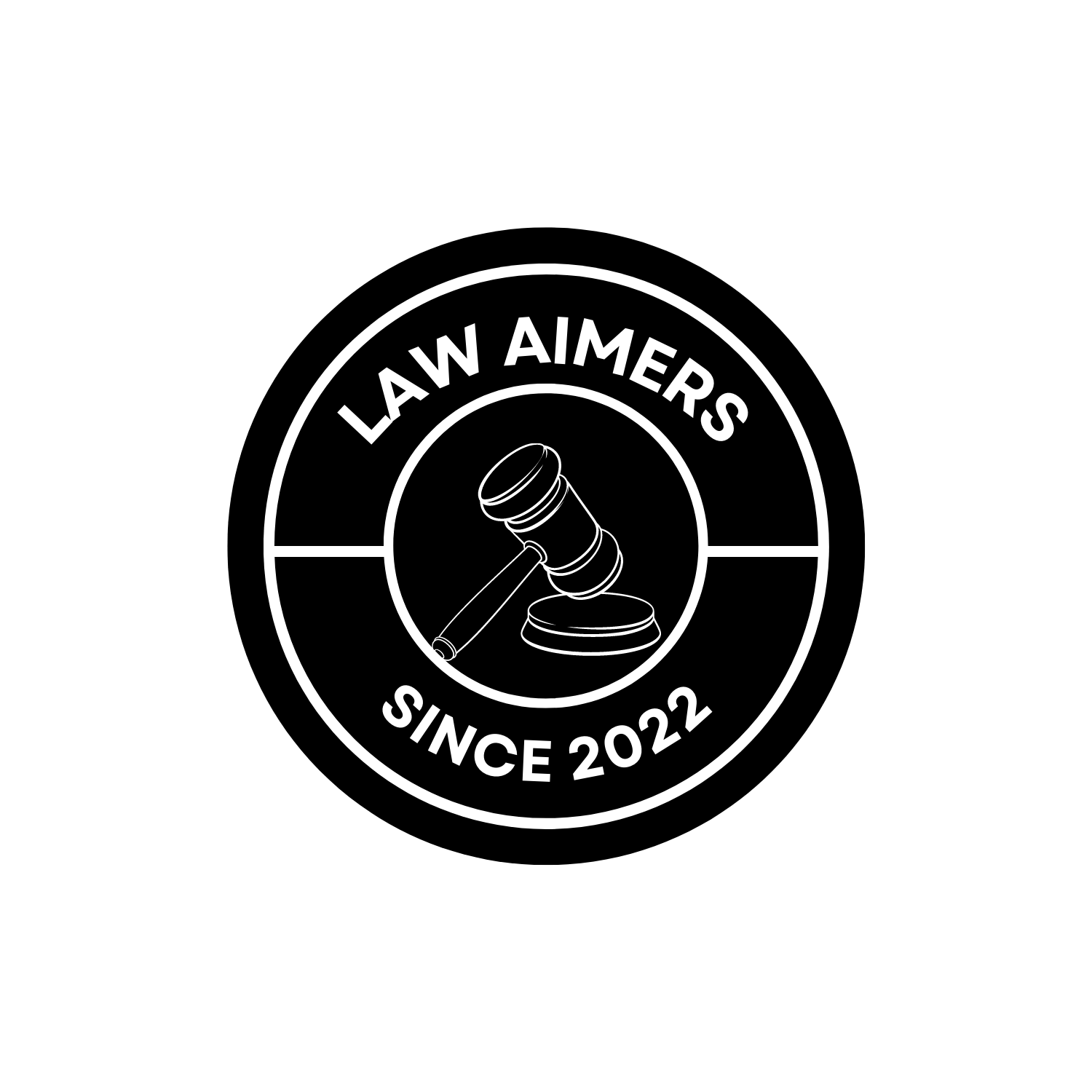When the terms of any such contract, grant or other disposition of property, or any matter required by law to be reduced to the form of a document, have been proved according to the last section, no evidence of any oral agreement or statement shall be admitted, as between the parties to any such instrument or their representatives in interest, for the purpose of contradicting, varying, adding to, or subtracting from, its terms:
Proviso (1).– Any fact may be proved which would invalidate any document, or which would entitle any person to any decree or order relating thereto; such as fraud, intimidation, illegality, want of due execution, want of capacity in any contracting party, want or failure of consideration, or mistake in fact or law.
Proviso (2).– The existence of any separate oral agreement as to any matter on which a document is silent, and which is not inconsistent with its terms, may be proved. In considering whether or not this proviso applies, the Court shall have regard to the degree of formality of the document.
Proviso (3).– The existence of any separate oral agreement, constituting a condition precedent to the attaching of any obligation under any such contract, grant or disposition of property, may be proved.
Proviso (4).– The existence of any distinct subsequent oral agreement to rescind or modify any such contract, grant or disposition of property, may be proved, except in cases in which such contract, grant or disposition of property is by law required to be in writing, or has been registered according to the law in force for the time being as to the registration of documents.
Proviso (5).– Any usage or custom by which incidents not expressly mentioned in any contract are usually annexed to contracts of that description, may be proved:
Provided that the annexing of such incident would not be repugnant to, or inconsistent with, the express terms of the contract.
Proviso (6).– Any fact may be proved which shows in what manner the language of a document is related to existing facts.
Illustrations
(a) A policy of insurance is effected on goods “in ships from Calcutta to London”. The goods are shipped in a particular ship which is lost. The fact that particular ship was orally excepted from the policy cannot be proved.
(b) A agrees absolutely in writing to pay B Rs. 1,000 on the first March 1873. The fact that, at the same time an oral agreement was made that the money should not be paid till the thirty-first March cannot be proved.
(c) An estate called “the Rampore tea estate” is sold by a deed which contains a map of the property sold. The fact that land not included in the map had always been regarded as part of the estate and was meant to pass by the deed cannot be proved.
(d) A enters into a written contract with B to work certain mines, the property of B, upon certain terms. A was induced to do so by a misrepresentation of B’s as to their value. This fact may be proved.
(e) A institutes a suit against B for the specific performance of a contract, and also prays that the contract may be reformed as to one of its provisions, as that provision was inserted in it by mistake. A may prove that such a mistake was made as would by law entitle him to have the contract reformed.
(f) A orders goods of B by a letter in which nothing is said as to the time of payment, and accepts the goods on delivery. B sues A for the price. A may show that the goods were supplied on credit for a term still unexpired.
(g) A sells B a horse and verbally warrants him sound. A gives B a paper in these words: “Bought of A a horse of Rs. 500”. B may prove the verbal warranty.
(h) A hires lodgings of B, and gives B a card on which is written ––“Rooms, Rs. 200 a month.” A may prove a verbal agreement that these terms were to include partial board.
A hires lodgings of B for a year, and a regularly stamped agreement, drawn up by an attorney, is made between them. It is silent on the subject of board. A may not prove that board was included in the term verbally.
(i) A applies to B for a debt due to A by sending a receipt for the money. B keeps the receipt and does not send the money. In a suit for the amount, A may prove this.
(j) A and B make a contract in writing to take effect upon the happening of a certain contingency. The writing is left with B, who sues A upon it. A may show the circumstances under which it was delivered.





